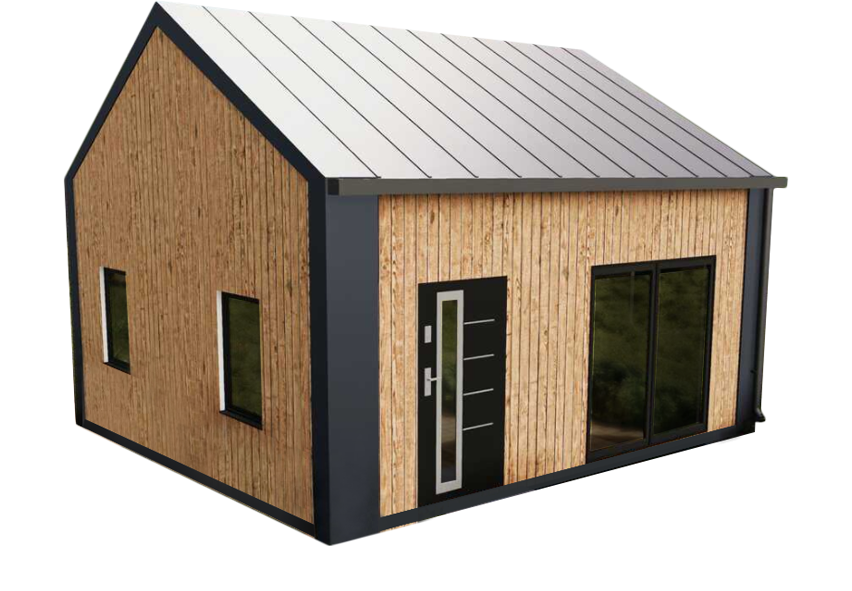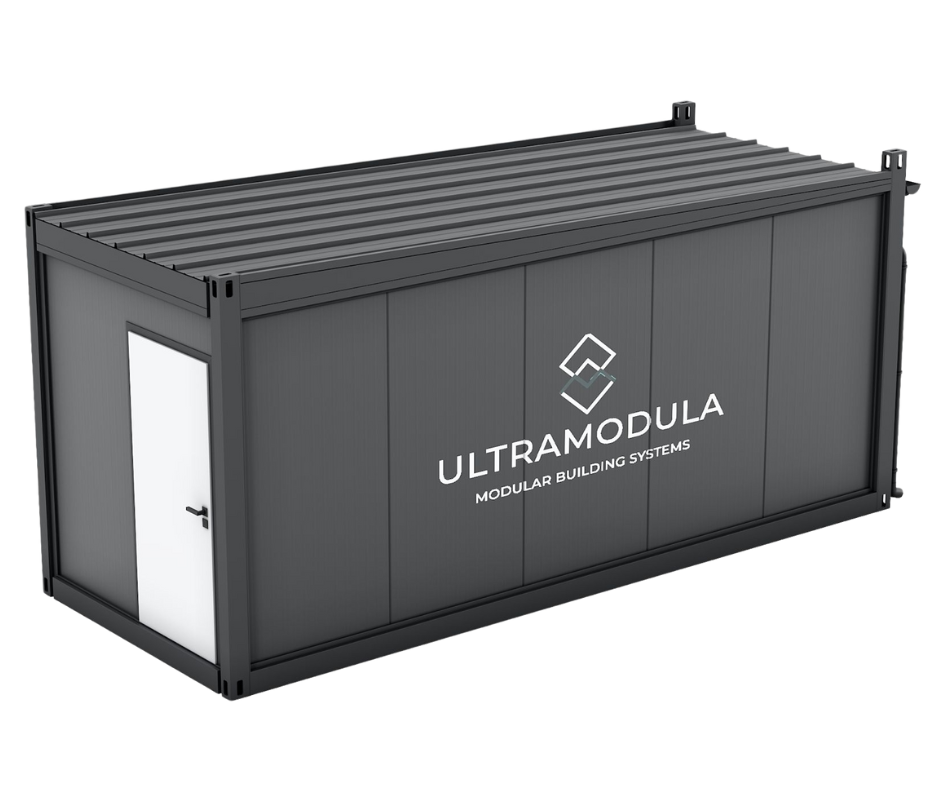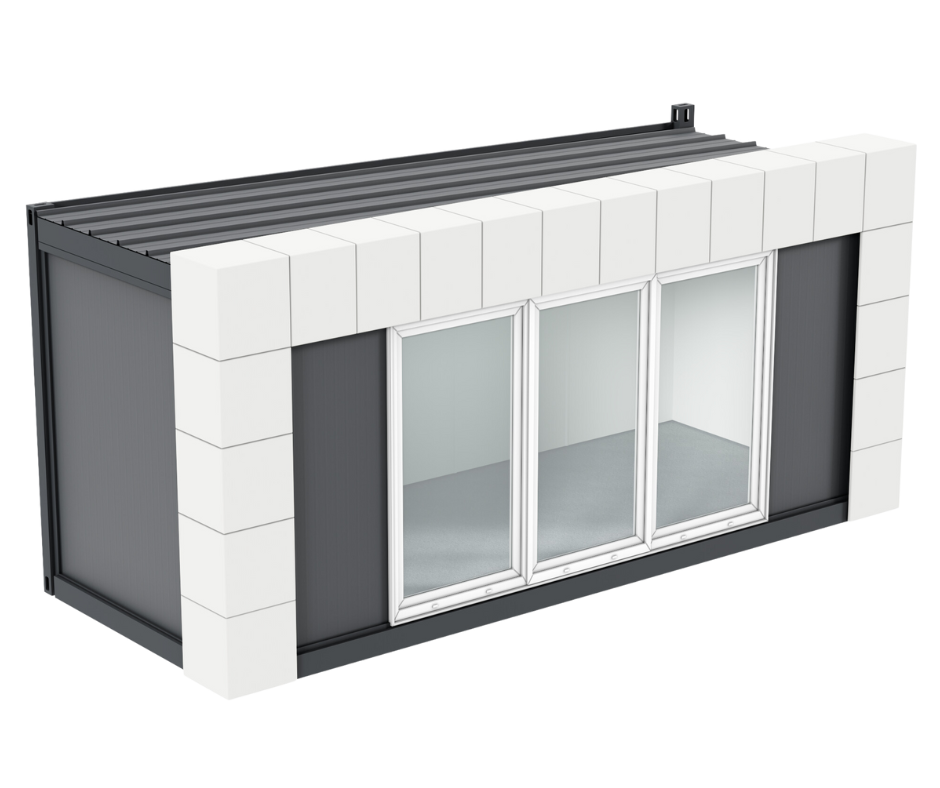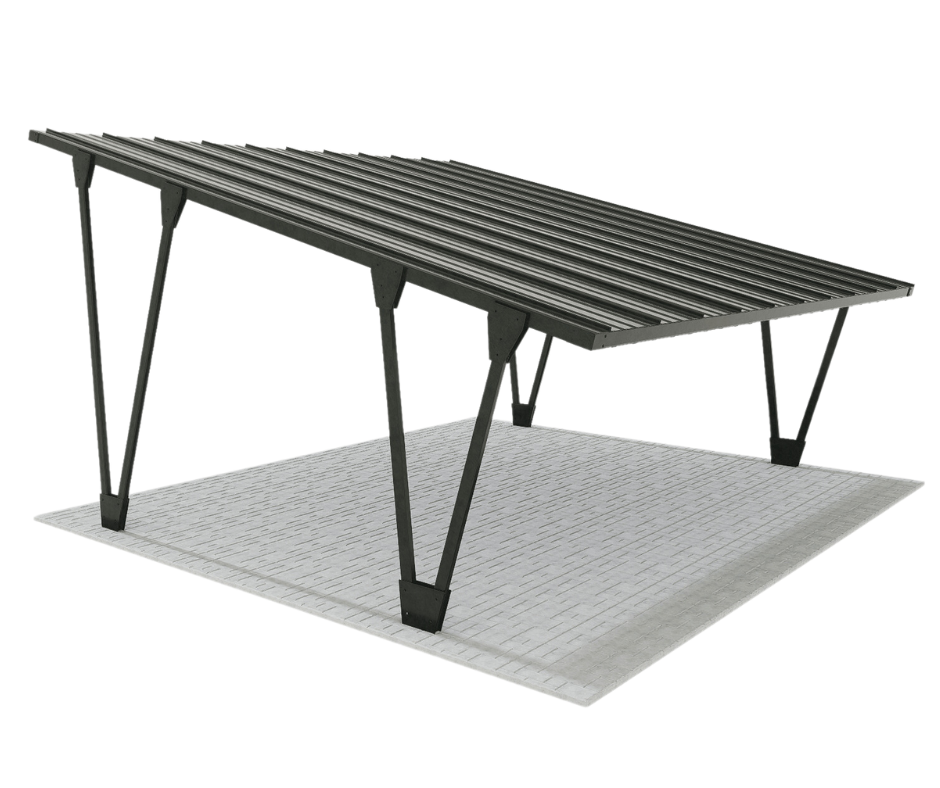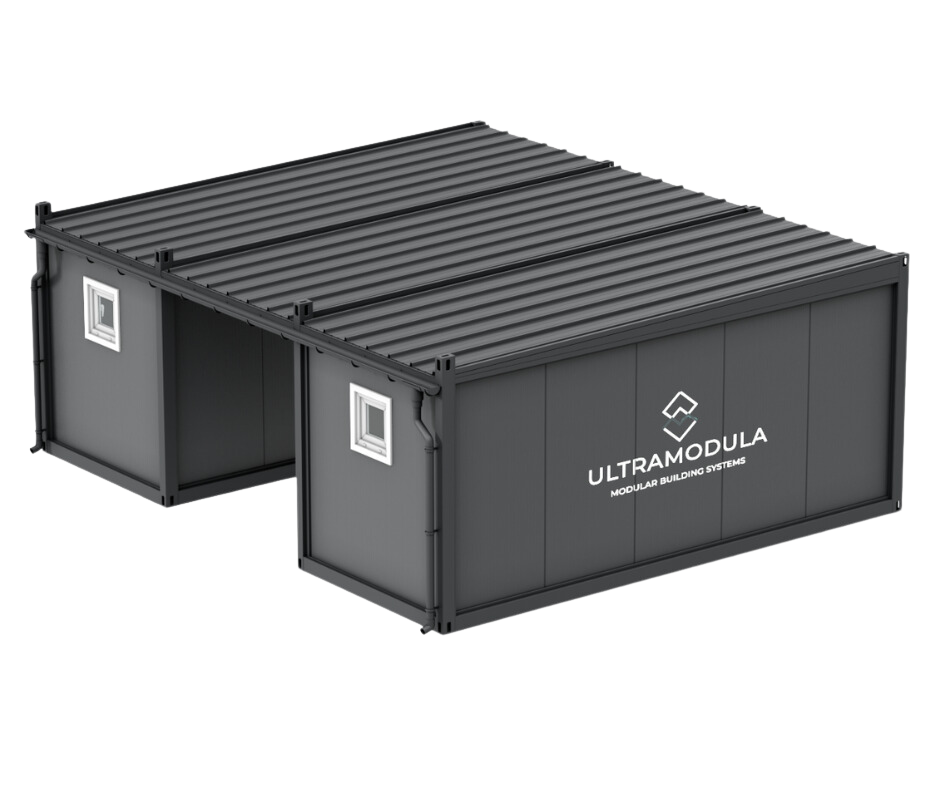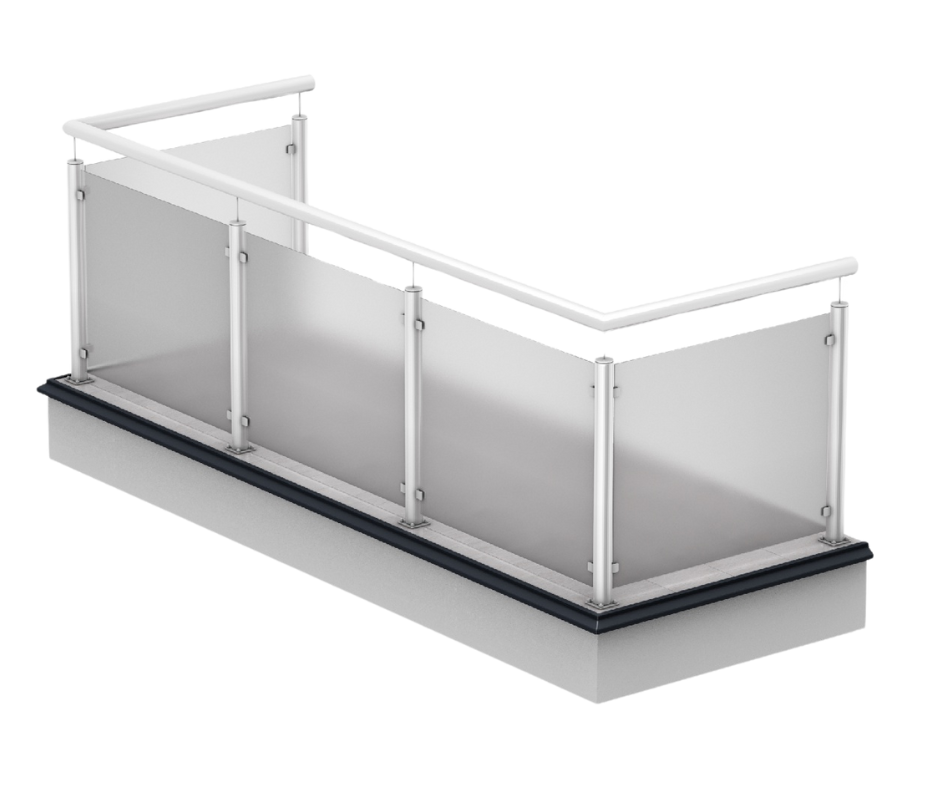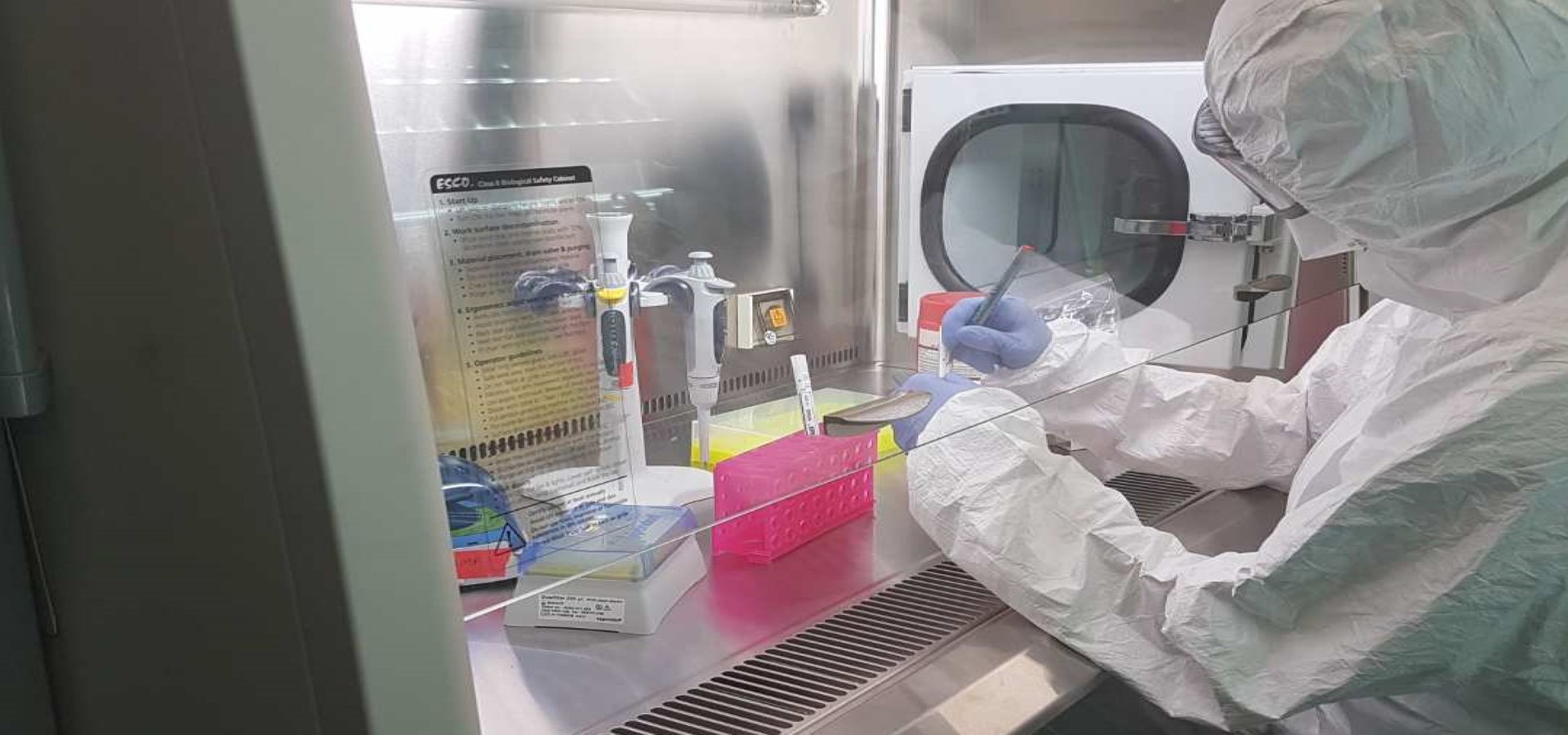
Mobile science and research laboratories based on containers
In the original premise containers are objects of uncomplicated construction, dedicated to specific purposes: transport and storage. However, since their inception, their purpose has evolved significantly. Nowadays, containers are not only a symbol of global logistics, but they have also revolutionized many areas of the economy and even science. In response to the growing need for mobility and flexibility, an innovative solution was created that transformed the approach to conducting scientific research: mobile laboratories based on containers.
What are mobile research laboratories?
These are innovative solutions that enable advanced scientific research to be conducted in various areas, regardless of location. Unlike traditional labs, which are usually fixed structures located in one place, mobile labs are designed to be easily portable and flexible. They have a wide range of applications, they are especially useful in emergency situations, such as epidemics, where rapid diagnosis and analysis are crucial for effective intervention. In addition, they are used in environmental research, field research, exploration of natural resources, as well as in various research projects, most often in nature, requiring mobility and access to remote, uninhabited areas. The most common applications include:
- air quality research in remote areas and climate change monitoring;
- geological surveys, e.g. during large construction investments - analysis of rock and soil samples on site, which allows for quick decision-making in the field;
- life-saving research: in the event of an epidemic outbreak, mobile laboratories allow for quick diagnosis and identification of the pathogen, which is extremely important in preventing the spread of the disease;
- education: thanks to the mobile laboratory, even in small educational institutions, students can be provided with access to studio chemical, biological or physical without the need for a costly investment in expansion building school.
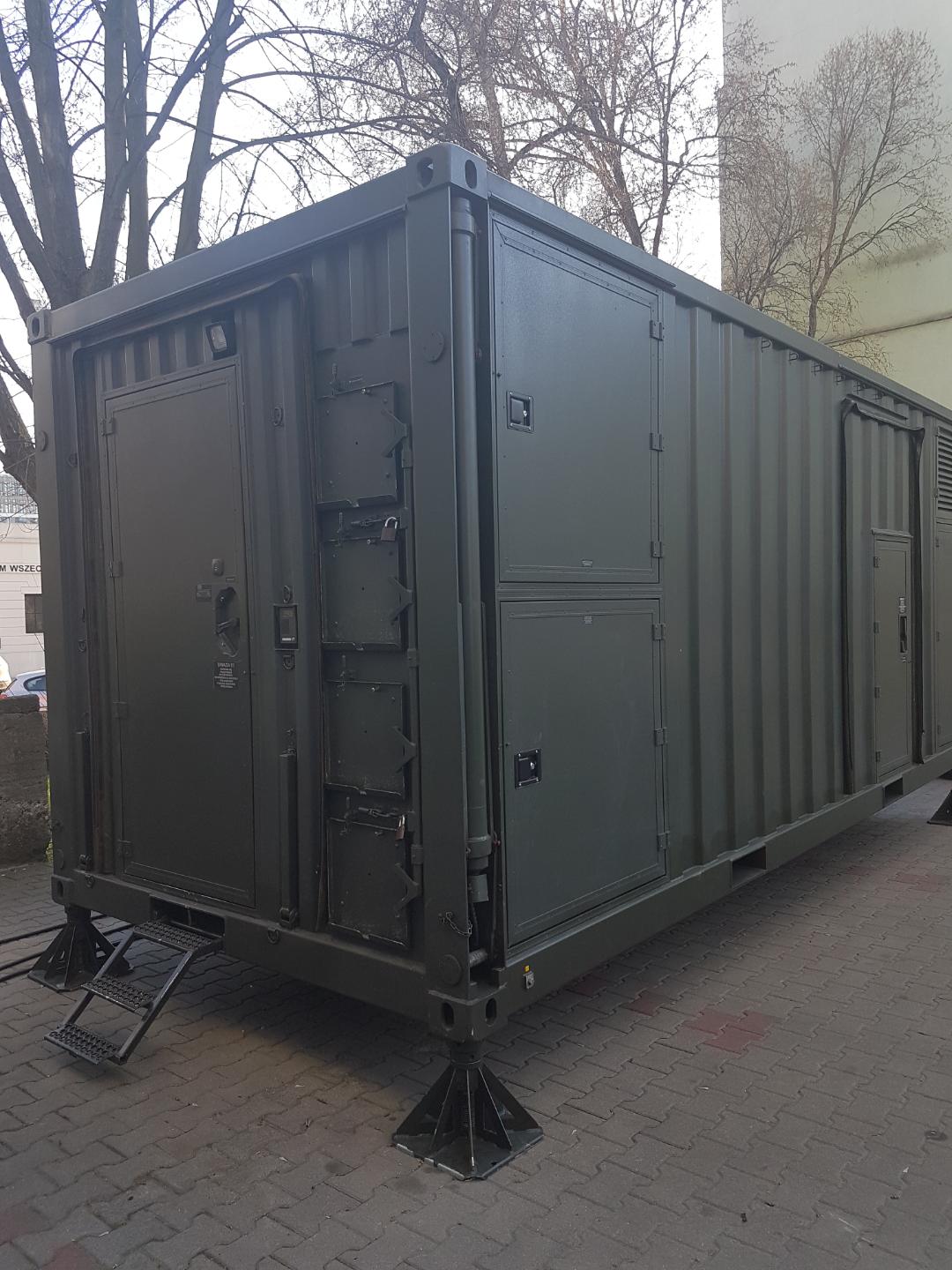
Mobile laboratory container
What makes containers work well as mobile laboratories?
The idea of creating mobile scientific laboratories based on containers perfectly combined the functionality of traditional laboratories with the mobility and flexibility provided by container facilities. This solution is ideal for projects that require quick response and intervention.
Ease of transport in the first place
The basic assumption of mobile research laboratories is ... their mobility, i.e. the ability to easily move from one place to another. For this reason, a key feature that a building intended for such activities must have is ease of transport. And can there be any better solution than containers, which come from transport? Transportation of the building container it is fast and, what is important, it does not require very specialized equipment - a car with HDS is enough. This is especially important in situations where the laboratory is to be built in a place where the road infrastructure is not the best and supplies are difficult.
Express assembly time…
Time is often extremely valuable in the world of scientific research, especially in the case of emergencies or emergencies, such as epidemics, natural disasters or research in extreme conditions. In the case of a building with containers the entire assembly operation of the laboratory takes only a moment. Such objects are placed in the indicated place using a crane or HDS (from the car in which they were delivered), and it takes literally a dozen or so minutes, and then all that remains is to connect electricity and water.
It may look a bit different in a situation where a temporary laboratory consisting of several or a dozen or so modules is to be built, e.g. for the duration of annual climate research of a certain area. Connecting the containers takes a bit more time and requires specialist skills, so it is worth leaving it to an experienced manufacturer who will supervise the entire process of assembly, stacking and connecting containers. However, it will still take a few days, not years, as in the case of traditional construction.
... and dismantling
In fact, containers are not dismantled. However, after their period of use, storage until the next use is simple and economical. Interestingly, they can be stacked, saving the necessary space. This is only possible with the right design. Reputable manufacturers use frames welded from cold-bent sections with a thickness of 4 mm to make the whole pavilion was strong, the columns bolted to the upper and lower frames are made of solid sections (preferably cold-bent, also 4 mm thick).
Modularity
Building from containers is a bit like building from blocks, thanks to the unified dimensions. Appropriately selected proportions of individual objects make it possible to combine them both on the short and on the long side. This allows you to create diverse projects, tailored to the needs and expectations of a given situation. In the case of mobile laboratories located in hard-to-reach places, where there is not much free space, the containers have another advantage: they can be stacked. However, this option is only possible with appropriately designed products. It must be durable to maintain the stability of the final building. It should also be remembered that one of the most important factors is the weight of the structure. To guarantee the stability of the object, it is important to distribute the weight evenly in containers.
Thanks to the modularity of containers, research institutions can have just a few facilities, but use them to create many different laboratories depending on what specific research requires.
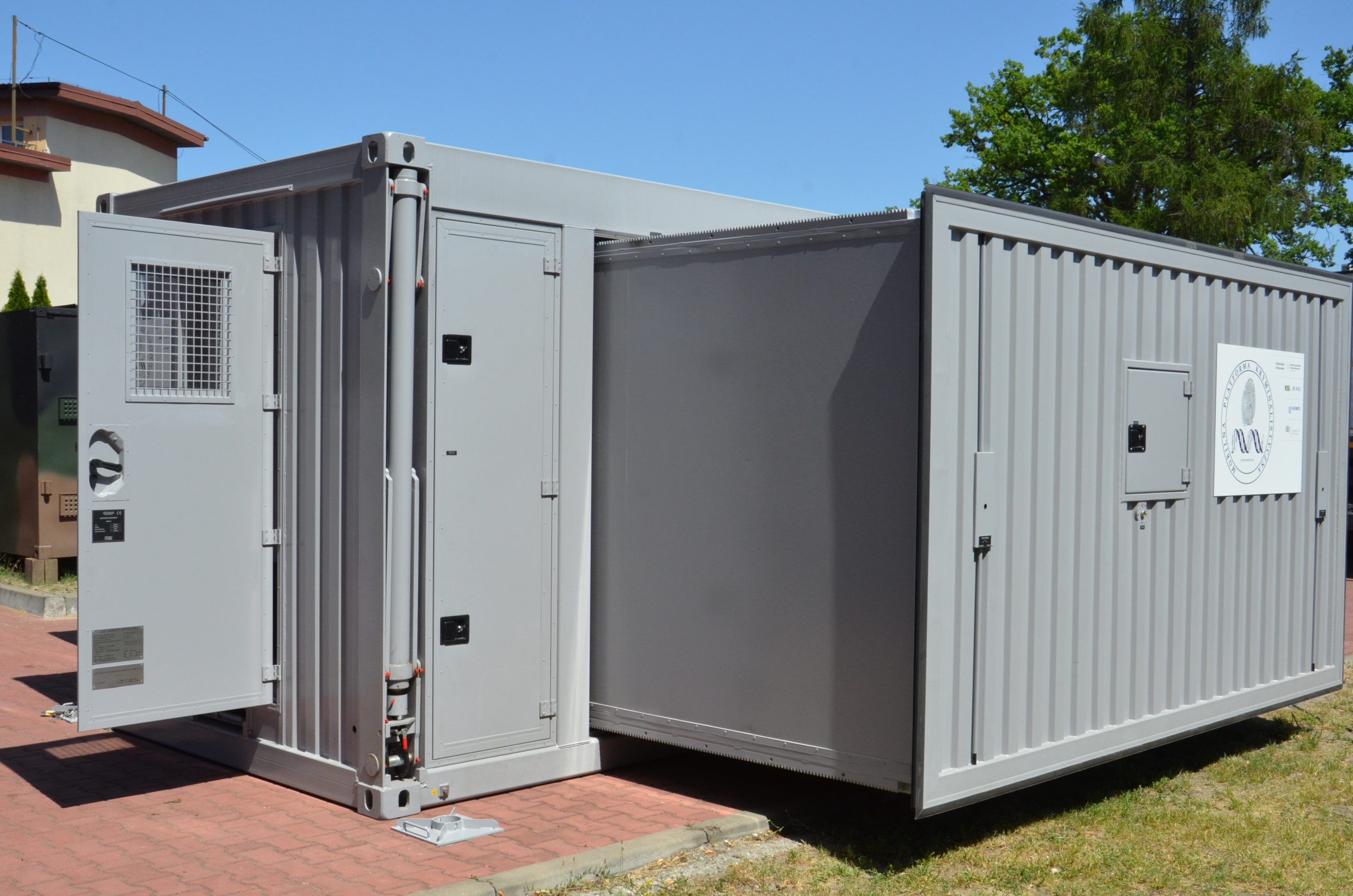
Mobile Forensic Platform
Container-based solutions are economical solutions
As it is well known, scientific research is expensive and every institution that conducts it looks for economic solutions wherever possible. Use of containers do construction laboratories is just such a solution.
For starters, the cost of buying it yourself container is much less than the cost of building a traditional laboratory from scratch. In addition, the containers are easily available on the market, which enables quick delivery to the site, shortening the time of the entire construction process, and as we know: "time is money". Another benefit is that the containers are manufactured entirely in the factory as pre-assembled components for on-site assembly, further reducing labor costs.
The economy of container-based mobile laboratories is also due to the ease of expansion and modification mentioned above. In traditional construction, building modifications can be complicated and expensive - but in the case of container laboratories, adding additional modules is simple, fast and inexpensive. This flexibility allows the laboratory to adapt to changing research requirements and to scale the infrastructure depending on the needs.
All these factors make the final price of mobile research laboratories based on containers much more attractive compared to traditional solutions. Savings in construction costs, shorter project implementation time and ease of expansion and modification make mobile laboratories from containers an efficient and economically viable tool for modern scientific research.
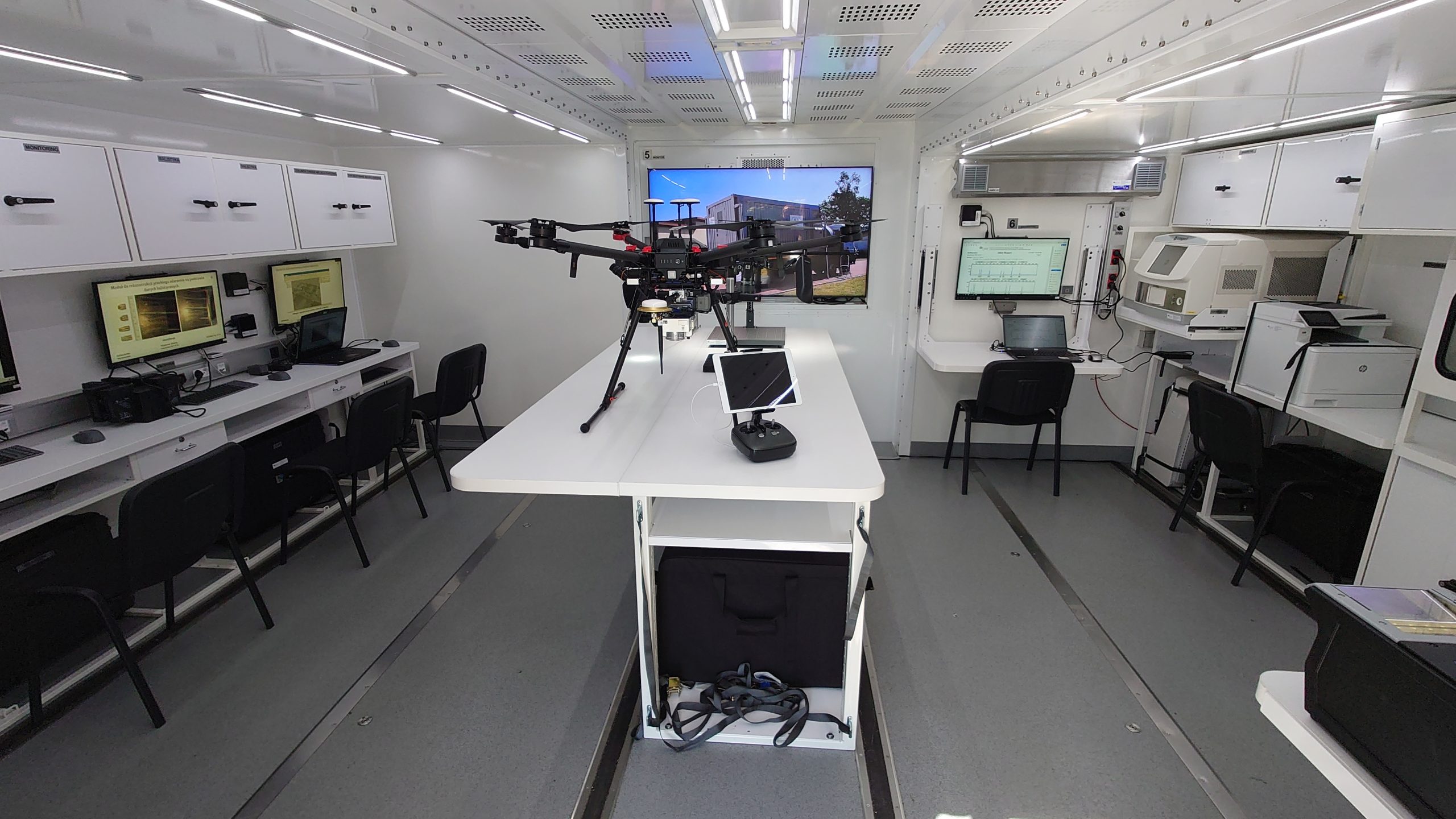
Mobile Forensic Platform
Technical requirements for mobile science laboratories based on containers
Although containers have many advantages, one should not forget about the important issue of technical requirements for mobile laboratories. Such facilities must meet a number of requirements so that the research carried out in them can be conducted not only comfortably, but above all in conditions that guarantee reliable results. Of course, the exact specifications vary depending on the type of research they do, but there are a few base points that every lab needs to come up with.
Stability and strength of the structure
Mobile science laboratories must be resistant to harsh weather conditions, such as wind, rain, snow or heat, and to vibrations resulting from transport. Appropriate construction and materials used for the production of containers, the original assumption of which was to survive the harsh conditions of sea transport unscathed, easily guarantee the durability of the laboratory in various terrain conditions.
Thermal and sound insulation
Both in extreme temperatures (e.g. in equatorial climate zones) and near noise sources (e.g. on a construction site during soil testing), laboratories should be properly insulated to provide researchers with comfortable working conditions. Insulation thermal, in turn, ensures a stable temperature inside the laboratory, which is crucial for sample storage and precise measurements.
Electrical Installations
Mobile laboratories require access to a reliable electrical supply, so it is necessary to properly plan the electrical installations, taking into account all equipment and research instruments that will be used in the laboratory. In some cases, where access to the power grid may be limited, it is worth considering the use of alternative power sources, such as solar panels or generators. The construction of the containers allows for the installation of such solutions, for example, on the roof of the facility.
Ventilation and air conditioning
In order to maintain appropriate working conditions inside the laboratory, it is necessary to provide an effective ventilation and air-conditioning system. Renowned container manufacturers deliver their facilities equipped with optimally configured installations. This not only guarantees proper air circulation, but also helps to maintain stable humidity and temperature, which can be crucial for some scientific research.
Security
Mobile science labs must meet high security standards to protect samples and research data, among other things. Modular containers can be equipped with extensive access control systems. Choosing the right method is important and depends on your individual needs. Professional security bolts offered by container manufacturers are a good standard.
Research equipment and specialized devices
Research equipment necessary to conduct scientific research is not an integral equipment of the containers. However, when designing the interior of a facility intended for a laboratory, it is easy to order the appropriate construction that will accommodate all the equipment and properly protect it during transport.
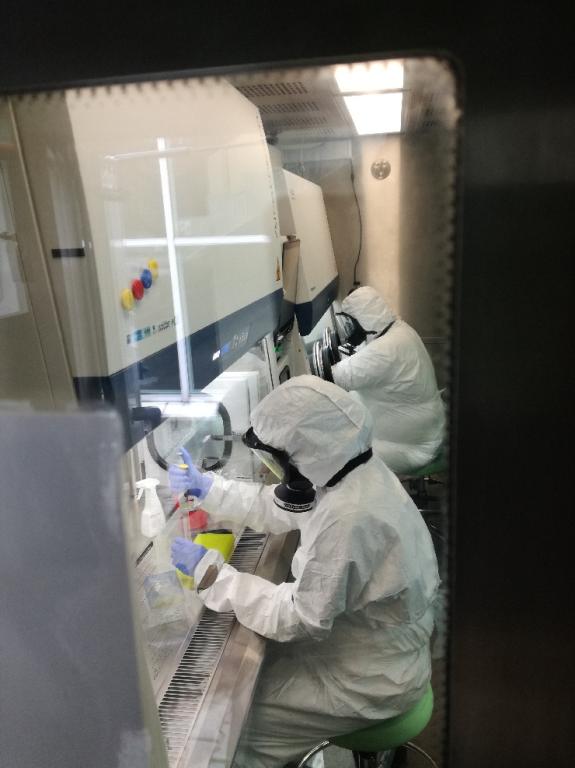
The mobile container laboratory is part of the equipment of one of the sub-units of the Epidemiological Response Center of the Polish Armed Forces.
Knowledge + proven technology = success
Please note that the design and building container-based mobile scientific laboratories requires knowledge and meticulous consideration of many technical aspects. Meeting these requirements is crucial to ensuring the functionality, safety and efficiency of laboratories, which in turn will enable researchers to conduct research in remote areas and in hard-to-reach regions. The advantages of containers, such as a durable construction, proven in difficult conditions, mobility and modularity make them a good solution for creating modern spaces for scientific research.

